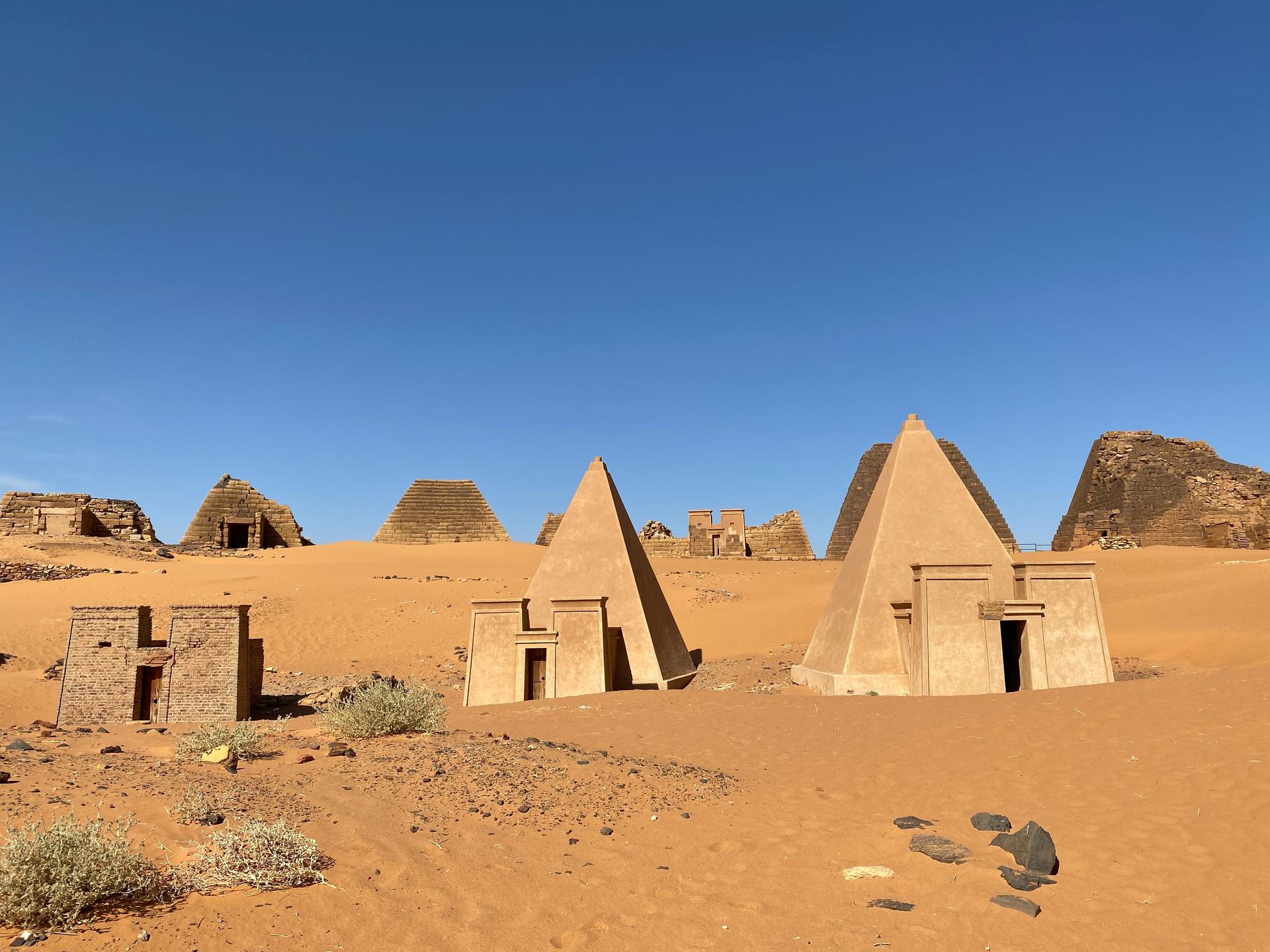S. Sudan🇸🇸

South Sudan, located in Northeast Africa, is the youngest country in the world, having gained independence from Sudan in 2011. It shares borders with Sudan, Ethiopia, Uganda, Kenya, D.R Congo, and the Central African Republic. With a tough past and ongoing tensions with neighboring Sudan, relations are strained. South Sudan is known for its rich biodiversity which includes East African savanna, swamp regions and tropical rain forests, home to species like elephants, giraffe, lions, and leopards. The White Nile runs through the country contributing to its stunning landscapes. Despite its challenges, the country's Boma National Park and Sudd wetland are worth a visit for dedicated adventure travelers.
⚠️Things you should avoid⚠️
- Avoid traveling to parts experiencing ongoing conflict, such as states of Jonglei, Unity and Upper Nile.
- Avoid being outside after dark, especially in cities like Juba or Bor.
- Avoid any participation in political discussions or activities.
- Avoid traveling during rainy season (May to October) due to risk of flooding.
- Avoid breaking local customs and traditions. Respect local dress codes.
- Avoid drinking tap water. Stick to treated or bottled water.
- Avoid refusing security checks which are common and mandatory.
- Avoid public or unscheduled displays of affection if you're part of the LGBTQ+ community.
- Avoid off-road travel without proper equipment and local guidance due to landmines risk.
- Avoid swimming in freshwater sources due to risk of waterborne diseases.
Overall
2
Crime 🔫
1
South Sudan suffers from high levels of violence and crime, including murder, armed robbery and theft, which severely affects its overall score. Due to its ongoing internal conflict, security is a primary concern, particularly in cities like Juba and Bor.
Terrorism 💣
2
Terrorism threat in South Sudan is relatively low compared to crime, however, attacks have occasionally taken place. In May 2021, 13 people were killed in a suspected terror attack when a passenger bus was ambushed in the Juba-Yei Road.
War ⚔️
1
South Sudan has been mired in civil war since its independence. Despit a peace deal in 2018, intercommunal clashes and violence remain widespread. Armed conflict, particularly in the northern regions, remain a significant issue.
Natural Disasters 🌊
3
South Sudan is susceptible to natural disasters, particularly floods. In October 2020, South Sudan declared a state of emergency as torrential rains caused widespread flooding displacing around 800,000 people from their homes.
Medical Care 🏥
2
Medical facilities in South Sudan are severely lacking, with inadequate resources and professionals. Essential medicines and equipment aren't always available. The situation is worse outside Juba where few health facilities exist.
Tap Water Quality 💧
1
Tap water in South Sudan is generally not safe to drink. Travelers are advised to drink only bottled or treated water due to potential contamination with waterborne diseases such as cholera.
Disease Burden 🤒
1
South Sudan has a very high disease burden, especially Malaria, Measles and Cholera. Inadequate healthcare and unsanitary conditions exacerbate this situation.
Corruption 💸
2
Corruption is a significant issue in South Sudan. In 2020, the country was ranked 179 out of 180 on the Corruption Perceptions Index by Transparency International.
Safety for Women ♀️
1
South Sudan is a very challenging place for women in terms of safety, due to high rates of sexual violence, particularly in conflict-affected areas. Women travelers should exercise extreme caution.
Safety for Queer People 👬
1
South Sudan is not a safe or welcoming environment for queer individuals. Homophobia is widespread and homosexuality itself is punishable by law.
Censorship 📺
2
Media censorship is extensive in South Sudan. There have been numerous instances of journalists being detained or harassed, and regulations are often used to suppress free speech.
Public Transportation 🚌
2
Public Transportation in South Sudan is limited and often unreliable due to poor infrastructure. Road travel is often hazardous due to lax safety standards and risk of violence.
Other useful information
🔒 How safe is it?
Overall, South Sudan is not considered safe. From the ongoing civil war to high levels of crime, the security situation is precarious. It's crucial for travelers to stay informed about the situation, avoid conflict-prone regions, and take meticulous health precautions.
🏰 Embassies in this Country
Few countries have embassies in South Sudan due to security issues. US embassy is located in Juba. Some other countries like UK, provide consular support from their embassy in Addis Ababa, Ethiopia.
💉 Recommended Vaccinations
Yellow Fever vaccination is required for all travelers. Other recommended vaccinations include Hepatitis A and B, Typhoid, Cholera, Meningitis, and routine vaccines like MMR, DPT.
🐍 Dangerous Animals
There are dangerous animals like lions, leopards and buffalo in natural reserves. Mosquitoes carrying Malaria are common. Avoid swimming in freshwater due to risk of Schistosomiasis.
🛂 Visa Requirements
A visa is required to enter South Sudan. It can be obtained on arrival or from South Sudan's diplomatic missions overseas.
💲 Currency
The official currency is the South Sudanese pound (SSP). It is advisable to bring enough cash based on your travel plans since ATM's are limited.
💳 Credit Card Acceptance
Credit card acceptance is highly limited in South Sudan. Cash payments are more common.
🧑🏭 Is it possible to work and travel in this country?
Due to security and infrastructural issues, South Sudan is not recommend for work and travel. International organizations operate in humanitarian capacities.
💵 Cost of Travel and Living
Living and travel costs can be relatively high due to the ongoing conflict and limited infrastructure. Prices for accommodation, food and transport can fluctuate depending on the current security situation.